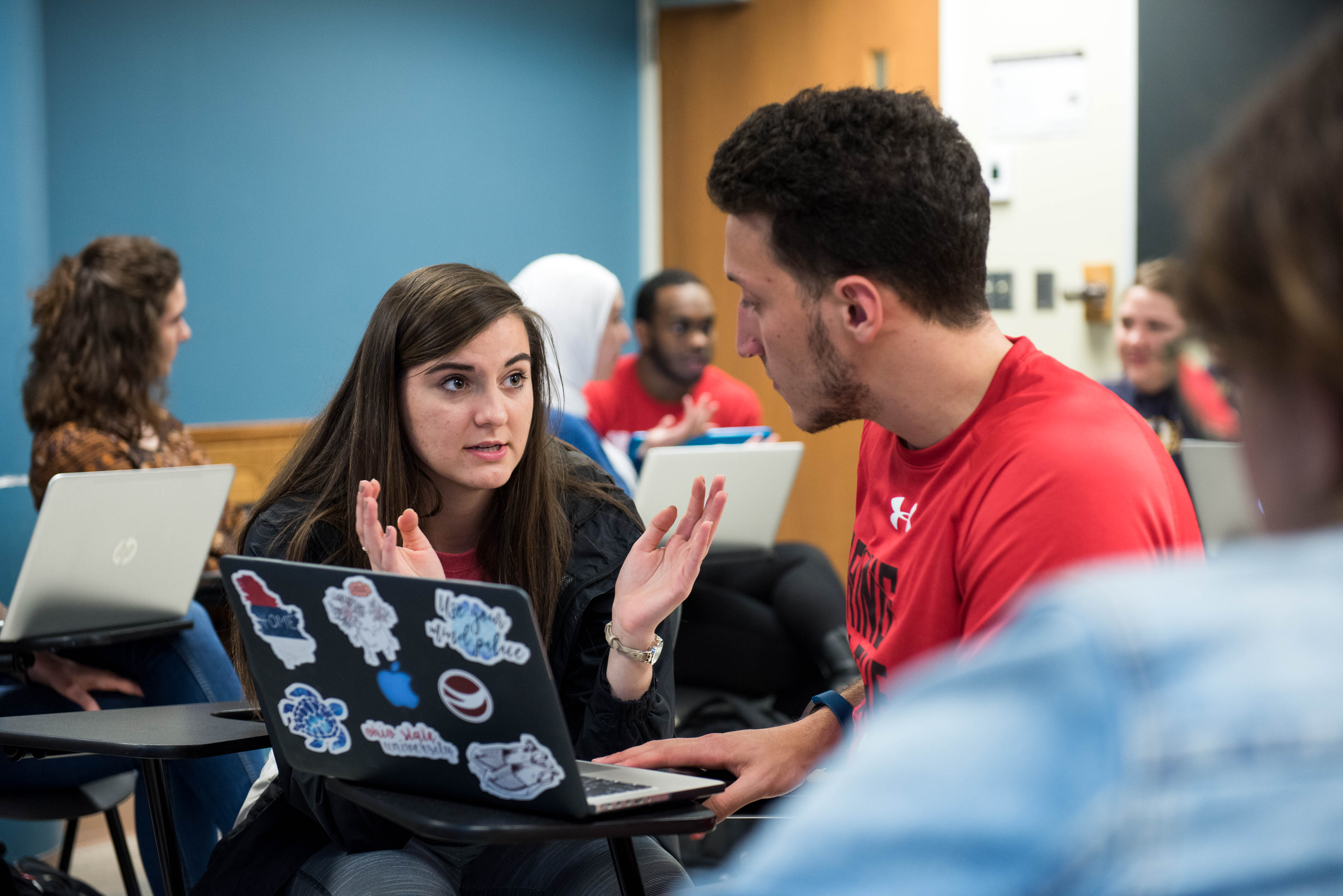Interview Tips and Resources
How should you prepare for your interview?
- Re-read your application. Make notes on the key points of your application and be able to talk about each element. Make notes on anything that has shifted or changed since you applied and be able to talk about that.
- As you read your application, also consider what an interviewer might want to ask you. What might they want to know more about? What gaps might they see or what concerns might they have?
- Consider who you are, what you value, and your perspective on the world and be prepared to speak about those ideas directly or to imbue your presence with their essence during the interview.
- Reflect on and be prepared to speak about current events in your field.
- If you are given the names of the interviewers ahead of time, look them up and understand who they are, what work they’ve done, and what perspective they might be coming from.
- Practice recording yourself answering interview questions and listen to your answers. What do you want to change about what you say and how you say it?
- Ask your friends and family to practice interview questions with you. This can be a good opportunity to talk out answers in a casual setting before you’re put on the spot.
What should you have with you during the interview?
- Fellowship foundations will likely send you specific instructions on what you should and should not bring to the interview. You should refer to these instructions first, but you might also consider bringing the following items.
- Your application.
- Notes on main points you want to make (especially in a virtual interview).
- Pen and paper to jot down notes on questions asked, names of the interviewers, or information given.
- Wear something that matches your professional persona.
- Water. You’ll probably be talking a lot.
What interview tips should you keep in mind?
- Remember that the interviewers want to get to know who you are. Be yourself.
- Make sure you answer the question you are asked. You could repeat it back.
- Ex. “What drew you to be a Fulbright ETA in Spain?” “I am drawn to the Fulbright ETA in Spain because…
- Be concise in your responses to the questions. You want to make sure the interviewer has enough time to ask all the questions they want to ask. They can always ask follow-up questions if you haven’t said enough.
- Give specific examples in your responses to questions and get as specific as possible as fast as possible.
- Speak clearly and slowly.
- Consider gesturing if it feels natural to you. Body language is an important form of communication.
- Come prepared with a few questions to ask at the end of the interview that focus on the role you will hold or that show interest in the fellowship/organization. Save questions about logistics for when you’re offered the award!
- Breathe. It’s okay to pause before answering a question or to ask for clarification on a question.
- Write a short thank you note to the interviewers after the interview.
What tips should you keep in mind when interviewing virtually?
- Pay attention to the time zone of the interview and ask for clarification if needed.
- Have a plain and simple background.
- Put your computer on a stack of books or shoebox so that you’re at eye level with it.
- Make sure your face is lit from the front. If light from a window or lamp comes from behind you, the “backlight” will create a shadow on your face.
- Keep short notes on the table in front of you or posted on the wall/computer for an easy reference.
- Fully charge your computer before the interview and find a quiet place with a reliable internet connection prior to the interview.
What additional interview resources are available?
